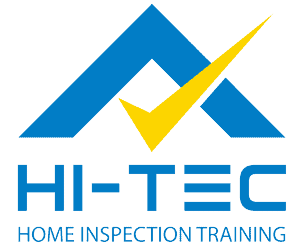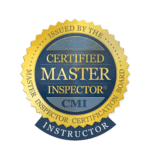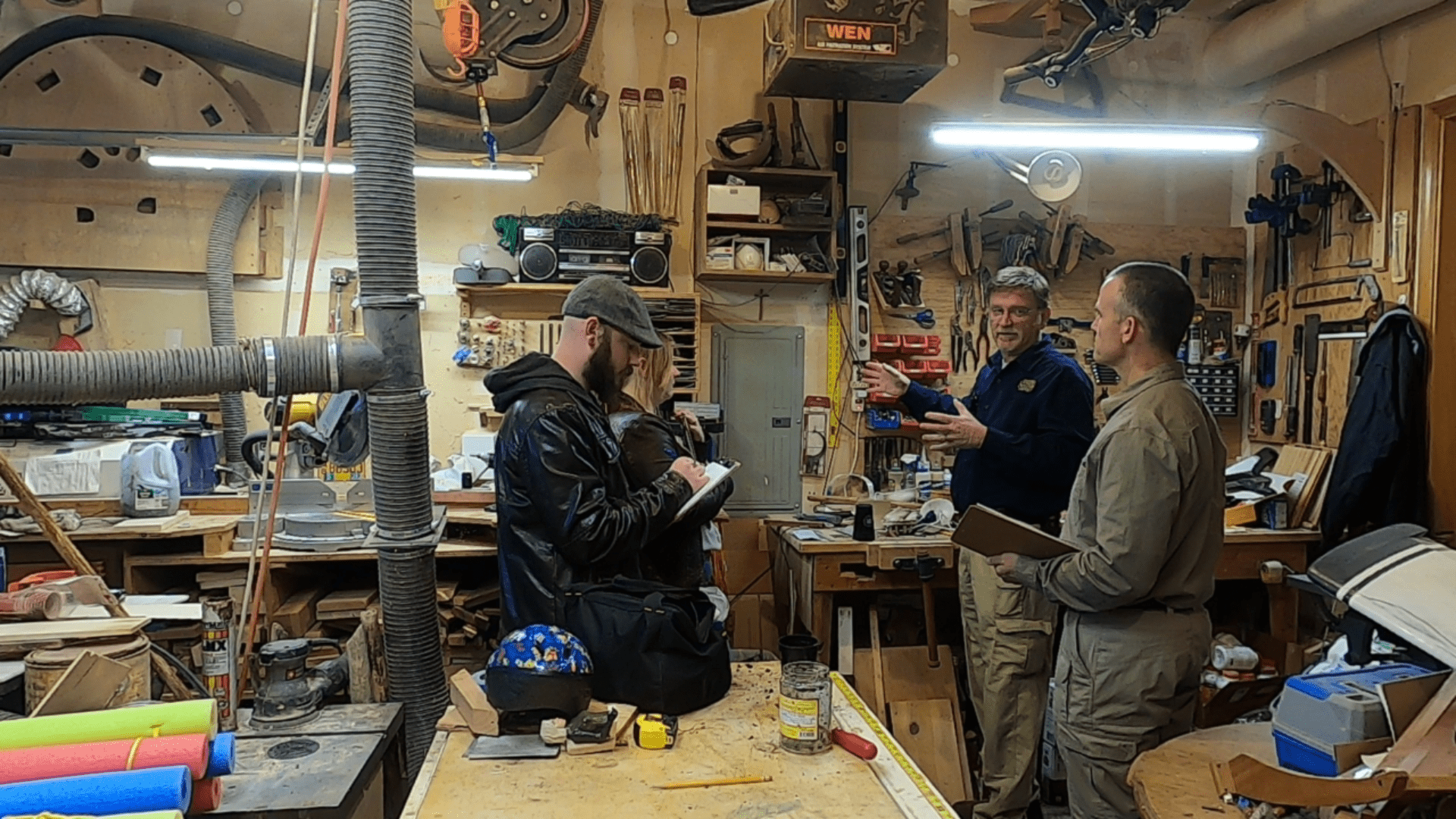What’s a Good, Basic Home Inspection Tool Kit?
In this article, we’ll focus on what you’ll need for your tool kit and save the fancy tools for other discussions.
Just the Basics
Starting a business costs money, and I’m sure I don’t need to tell you that. But, when someone is going into business for themselves and starting a new career, prioritizing what to spend money on is a big unknown because it’s a big unknown. You’ve probably done some research and looked at other home inspectors’ websites and seen all the fancy gadgets they use and brag about. In fact, the way some of the websites appear, one would think you just can’t be a home inspector unless you have the same gadgets and perform the inspections exactly the way they do. I’m here to tell you , nothing cold be further from the truth.
The reason some home inspectors talk so much about their gadgets is because they spent a lot of money on them believing the gadget would provide them with a serious competitive advantage. As a result, they brag about the gadgets to the point where it looks as though they’re the only one who can do the job. The major flaw in the logic is that most clients don’t choose their home inspector based on his gadgets, they choose their home inspector based on how highly the real estate agent recommends them.
1: a Flashlight
Every home inspector needs a flashlight. Here are the preferences:
- Rechargeable
- LED (uses less battery power for more light)
- 800-1200 lumens (anything brighter is too much)
I’ve been using the Streamlight Stinger LED for the last 10 years because it’s meets all the above requirements and it’s durable. I’ve dropped it countless times and it’s still working as good as the day it was new.
2: Multi-Gas Detector
Home inspectors have to check multiple appliances for multiple issues like gas leaks, refrigerant leaks, and carbon monoxide escaping from the furnace into the house. A good multi-gas detector that can detect these things is a must. Here’s a couple I’ve used over the last 30 years:
3: Non-Invasive Moisture Meter
Non-invasive means you don’t have to probe or poke a hole in something to detect the moisture. That’s important to have because a home inspection is supposed to be non-invasive. Basically, these devices look for conductive material, so make sure you know how to use it because metal in the wall cavity like plumbing pipes, electrical wiring, and sheetrock corner beads can give you a false positive. The technology is pretty much the same across the spectrum of devices, and the ne I’ve been using the last several years is the General Tools MMD7NP.
4: InFrared Thermometer
This device comes in handy for testing the furnace, AC, and confirming a host of other issues. I’ve had several over the years, my first costing over $100. More manufacturers make them now and the cost has come way down. The one I recently tested and decided on for my business was the Klein Tools IR1. For about $30, it’s amazingly accurate.
5: electrical Testers
There are three electrical testing devices you’ll need and learn how to use in class:
6: Miscellaneous Tools
Finally, here are a few other must have items in your tool kit:
- Rechargeable screwdriver
- Phillips, Flat, square, screwdriver tips
- ¼ inch and 5/16 inch nut drivers
- Water pressure gauge
- 3ft telescoping mirror
- Extra drain stoppers
Other items to consider would be a dedicated carbon monoxide detector, tool pouch, and of course a durable tool bag to keep things organized. Tool Experts sells kits that have most of what you need minus some of the smaller items, and their pricing is very competitive.
Closing
HI-TEC thinks like a school AND a business. We discuss how to use these tools in every class we teach without wasting valuable class time to sell them to you. Like we’ve mentioned so many times, we want to be a part of your success and that means teaching you everything we know about how to perform a proper home inspection. It’s how we give you the high ground advantage in your new career. We’re better because we focus on the core competencies you need to get started. We’ve worked for the biggest schools in the country. We know what students need to be successful, and how to best provide everyone with the knowledge and skills required to make home inspections a lifelong career. We don’t make sales pitches in class, we teach only what you need to know to get licensed, get marketing, and start recouping your investment right away.
Give us a call at 877.51.HI.TEC and let one of our admissions experts help you get the answers you need!



